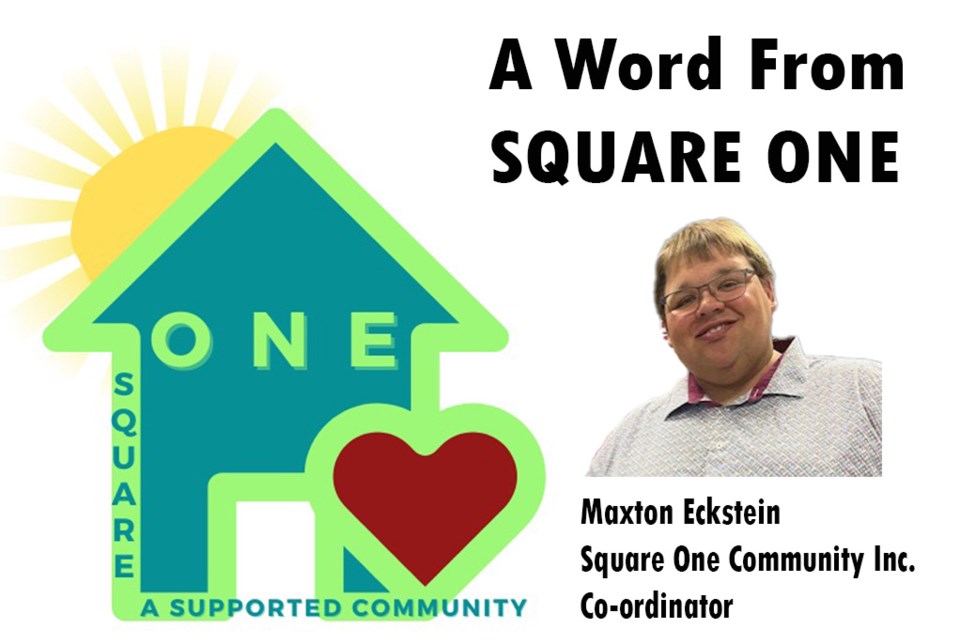Home. What makes a home? A home is something most of us enjoy, a safe place to kick up our feet at the end of a long day. A place where families grow and make memories. A home, though, is more than the residence we live in. It’s also the community around us. It’s the city or town we live in, it’s the parks and the community centres. It’s our friends and the people we went to school with, it’s our downtown entertainment and festivals, cheering for our local sports teams. It’s the smile and warm hello we give to someone we pass by on the street.
Like an extended family, we are tied to the communities around us undeniably. Even when our lives and backgrounds look different, we all experience a shared community. Our city around us is as much of a home as the residences we live in.
We have all seen an increase in people experiencing homelessness. Even though someone may lack a permanent address, they remain a civic citizen in a community. They remain tied to shared social and cultural experiences the community has to offer. They remain entitled to enjoy the public spaces and amenities, just like the rest of us. Many unhoused citizens have built a life here and enjoyed friendship and family connections.
Not having a physical home is life-shattering, but losing a sense of belonging in a community devastates someone’s recovery journey and creates a “Double homelessness”. What happens to someone when instead of that friendly hello and smile, you see faces filled with fear and disgust? You see people cross the road to get away from you. You see people laughing. You hear untrue and cruel things said about you in public forums, from politicians and media outlets. You are told to relocate from public spaces you have frequented all your life. You start to believe you don’t belong, you start to believe your community is no longer, a place to call your home.
Diminishing someone’s civic citizenship can come in many forms. At a micro level, it manifests in the direct way we treat the unhoused population. From obvious avoidance, unkind words, and jeering to misusing emergency services to move people out of public spaces. At a macro level, it can be as simple as requiring an address to speak at public meetings or referring to people only as “taxpayers” instead of citizens, eluding to the idea that you don’t belong if you don’t contribute financially.
Sometimes when we pass by an unhoused person, we don’t have the resources, time or knowledge to assist. Helping someone feel like they belong costs nothing. A smile and a hello, mentioning last nights game, or even a comment about the weather reminds someone that they share something with you, a local commonality. In those moments someone goes from an “other” to a valued citizen. Valued citizens feel like they belong, and people who belong find the hope to recover. Our small acts of kindness can change a life.




